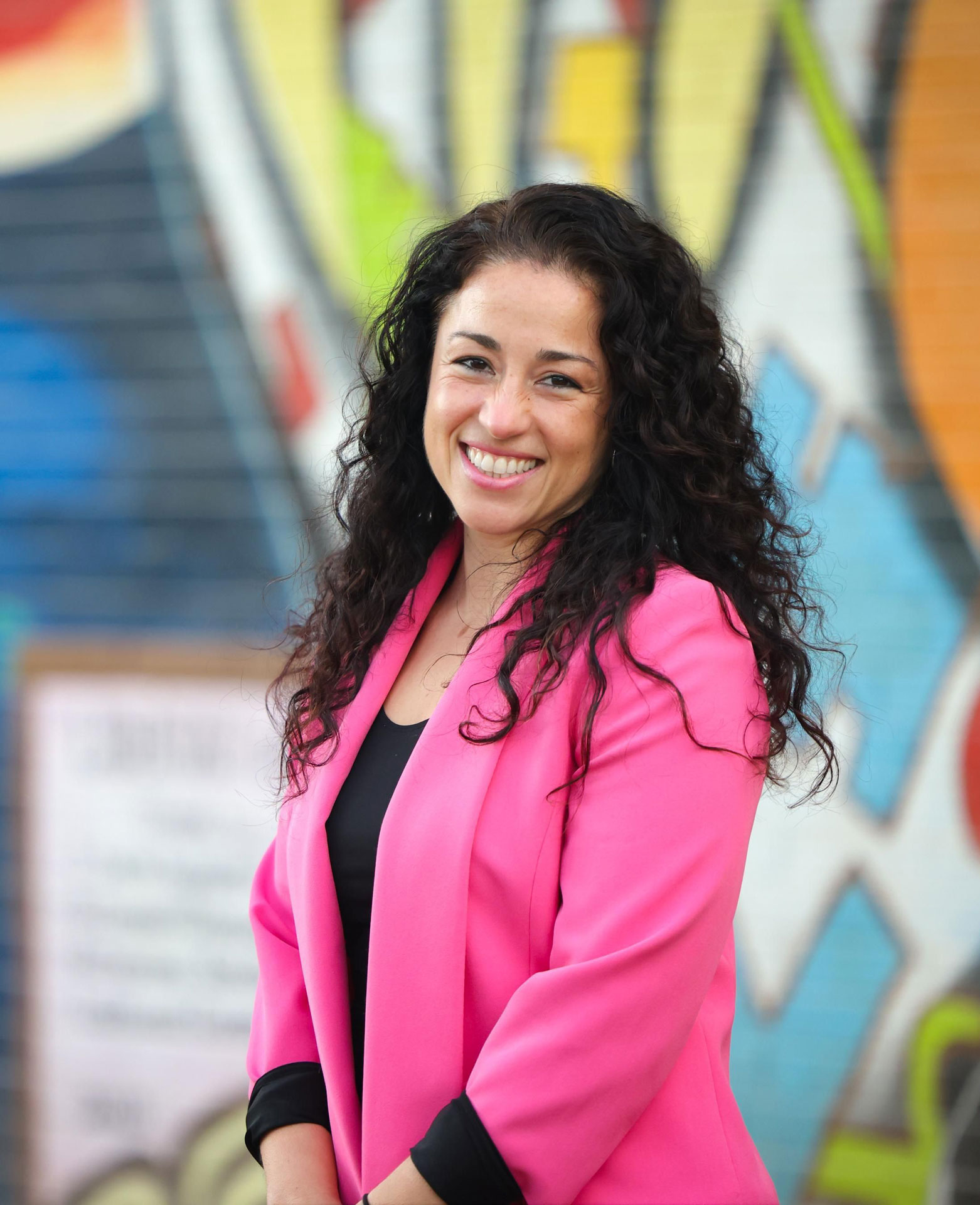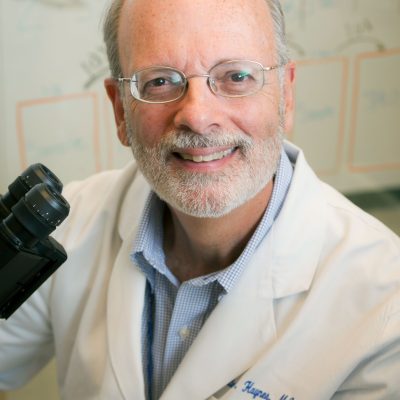Rosa Gonzalez-Guarda believes in the power of community. The daughter of Cubans who emigrated to the United States in the 70s, Gonzalez-Guarda was born in Miami, where Cubans were part of the majority.
“I had a privilege. … I grew up in an environment with a great support network,” Gonzalez-Guarda, an associate professor of nursing at Duke, said in a 2019 speech. “I ate the foods I liked. I developed a strong cultural identity and sense of pride being a Cuban American. I didn’t realize I was a minority until I left Miami.”
It was then, when she was living in different parts of the Mid-Atlantic and Northeastern United States as a public health nurse, that she realized that other immigrants didn’t have it so easy and struggled to adapt to American life. That stress would lead to physical and mental suffering.
That’s why Gonzalez-Guarda, who is also assistant dean of Duke’s Ph.D. nursing program, focuses on improving health in Latinx populations. She is specifically interested in addressing issues of intimate partner violence, substance abuse, HIV and mental health among Latinos in the U.S.
To do such work in population health, Gonzalez-Guarda believes that creating relationships with local communities is key, so that all partners can build trust and foster teamwork. As such, Gonzalez-Guarda has served various leadership roles to support community engagement at Duke at a local and national level. She currently serves on the community engagement team of the RADx-UP Coordinating and Data Collection Center and Co-Directs the Health Equity Core for the National Institutes of Health Collaboratory of Pragmatic Clinical Trials.
In a 2022 interview with a National Institutes of Health publication, Gonzalez-Guarda compared her work in community relationship building to dating.
“It’s important when you’re establishing a relationship to really understand the context of that individual or that community or that problem that you’re working on. Both parties need to do this and be committed to one another,” she said.



